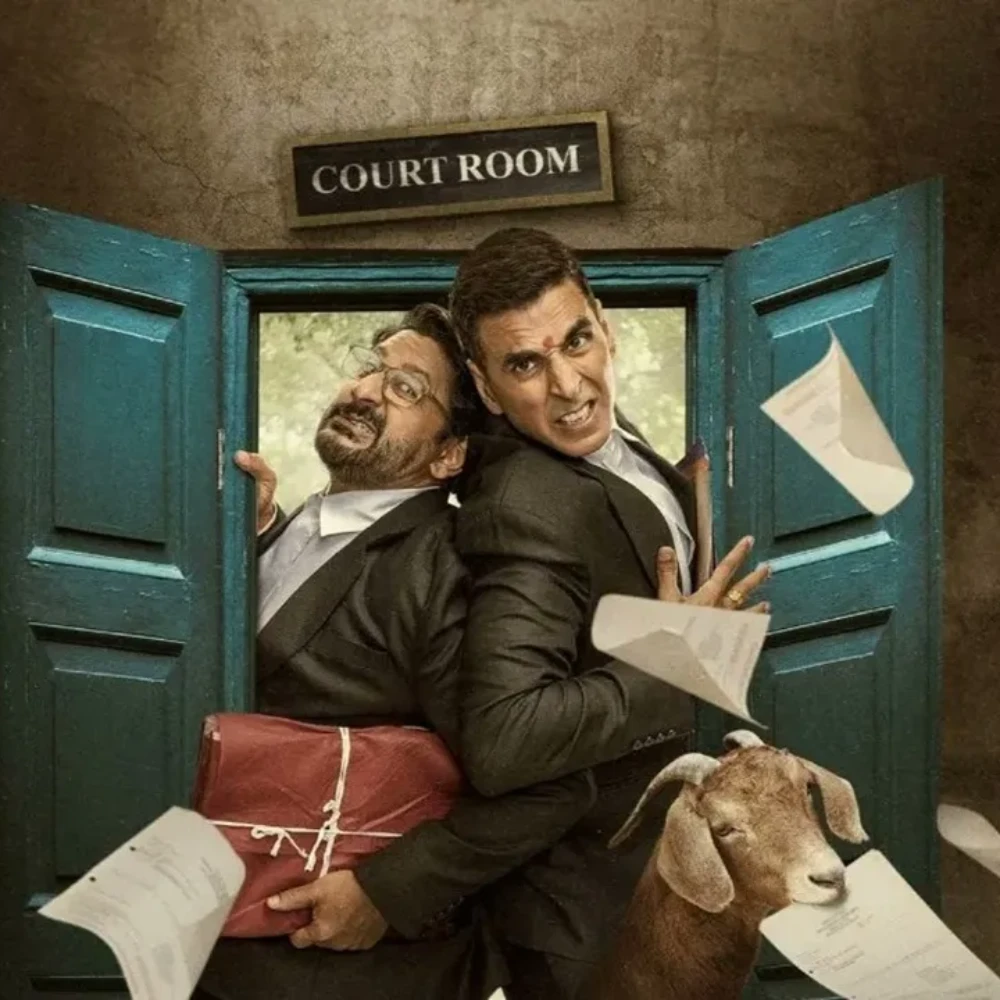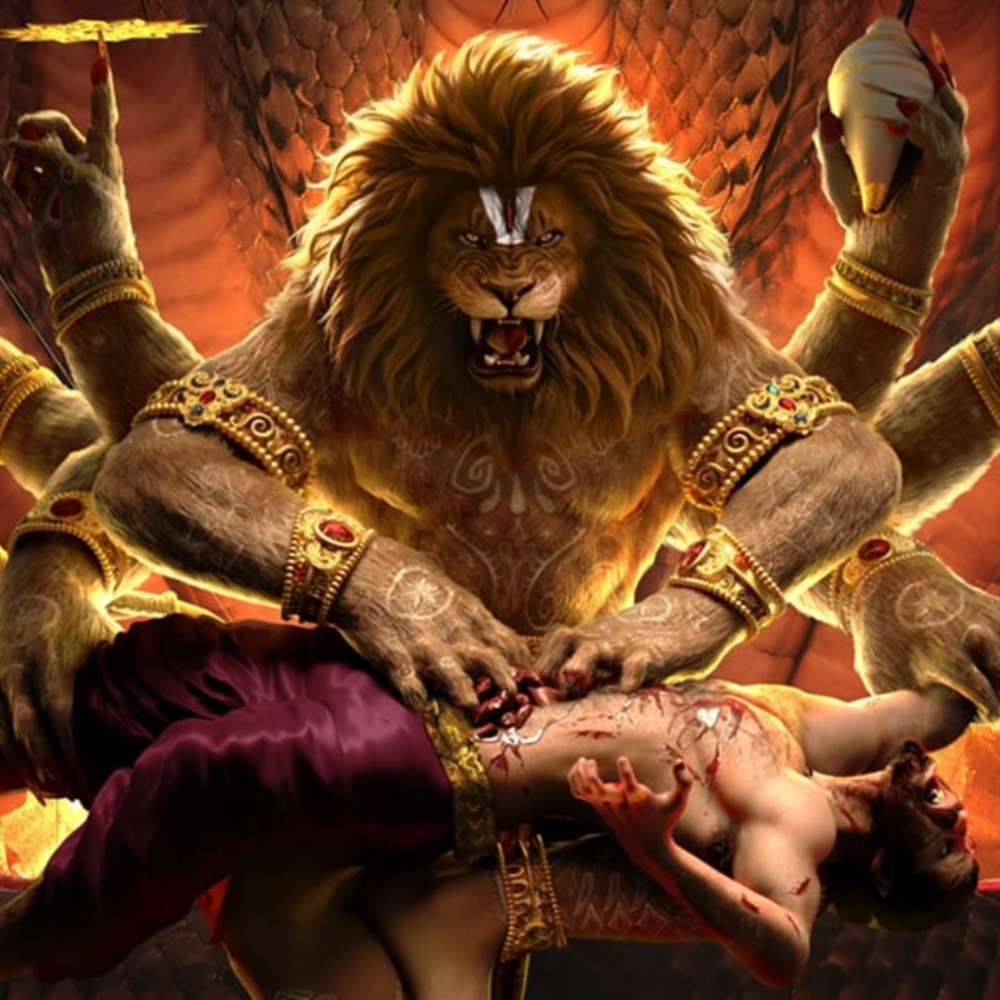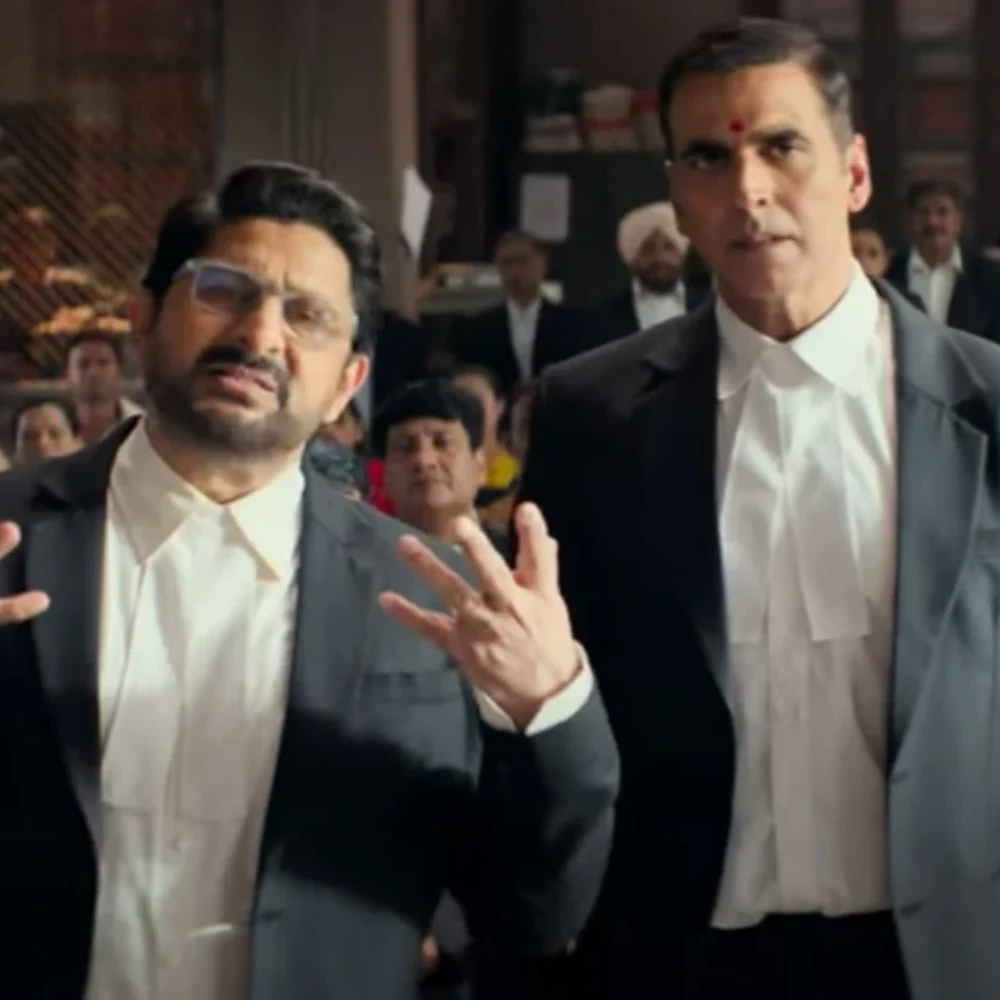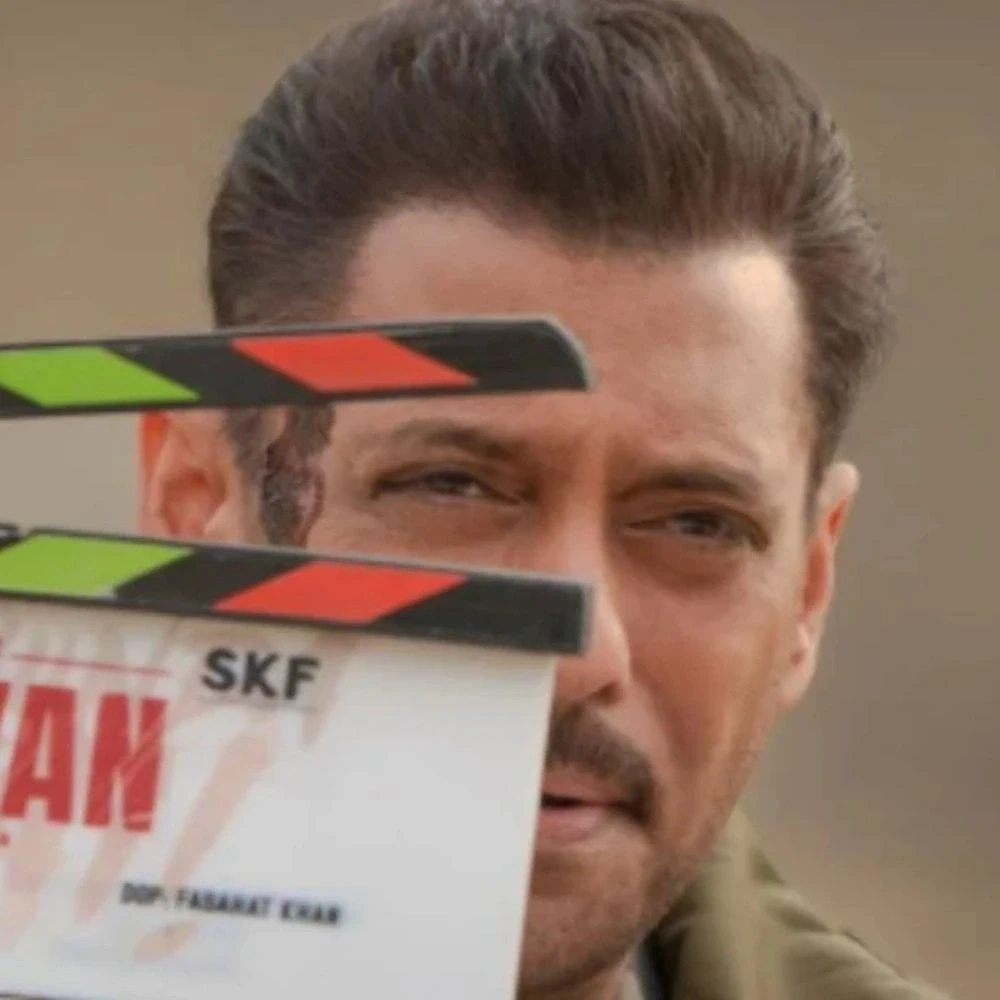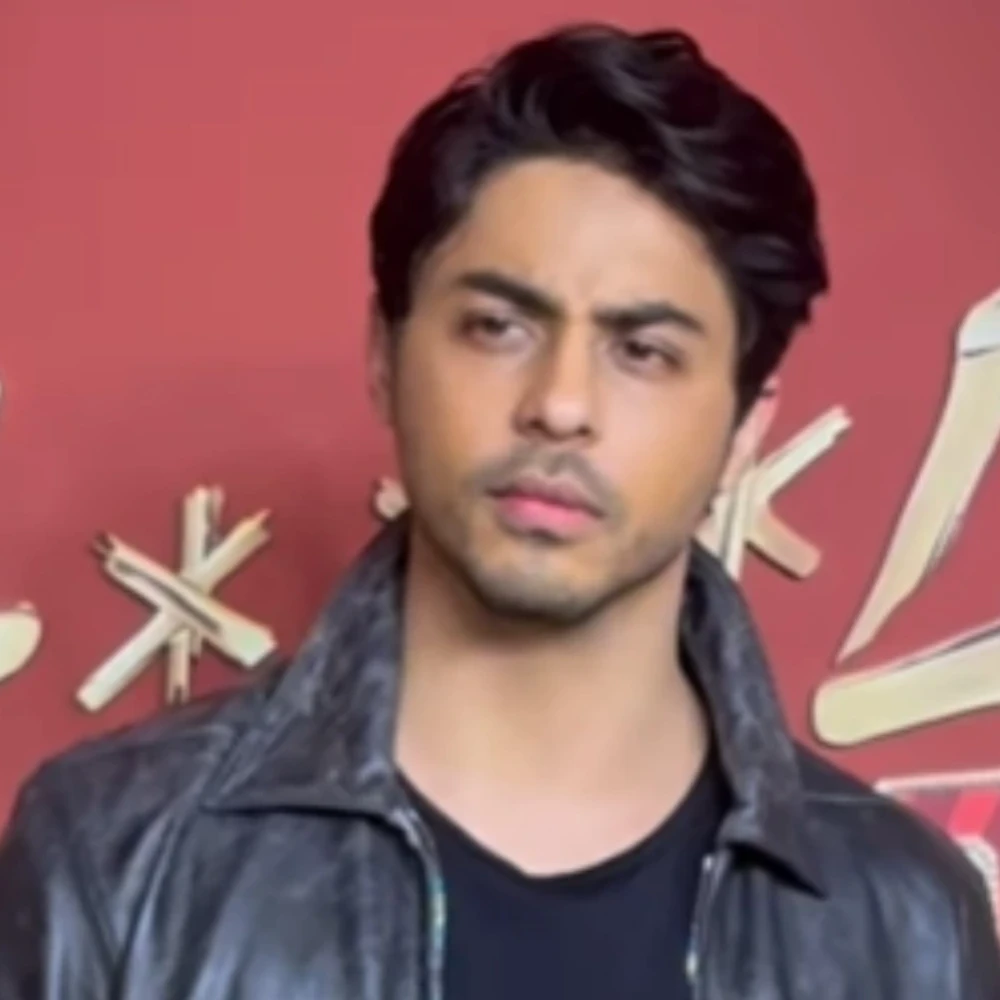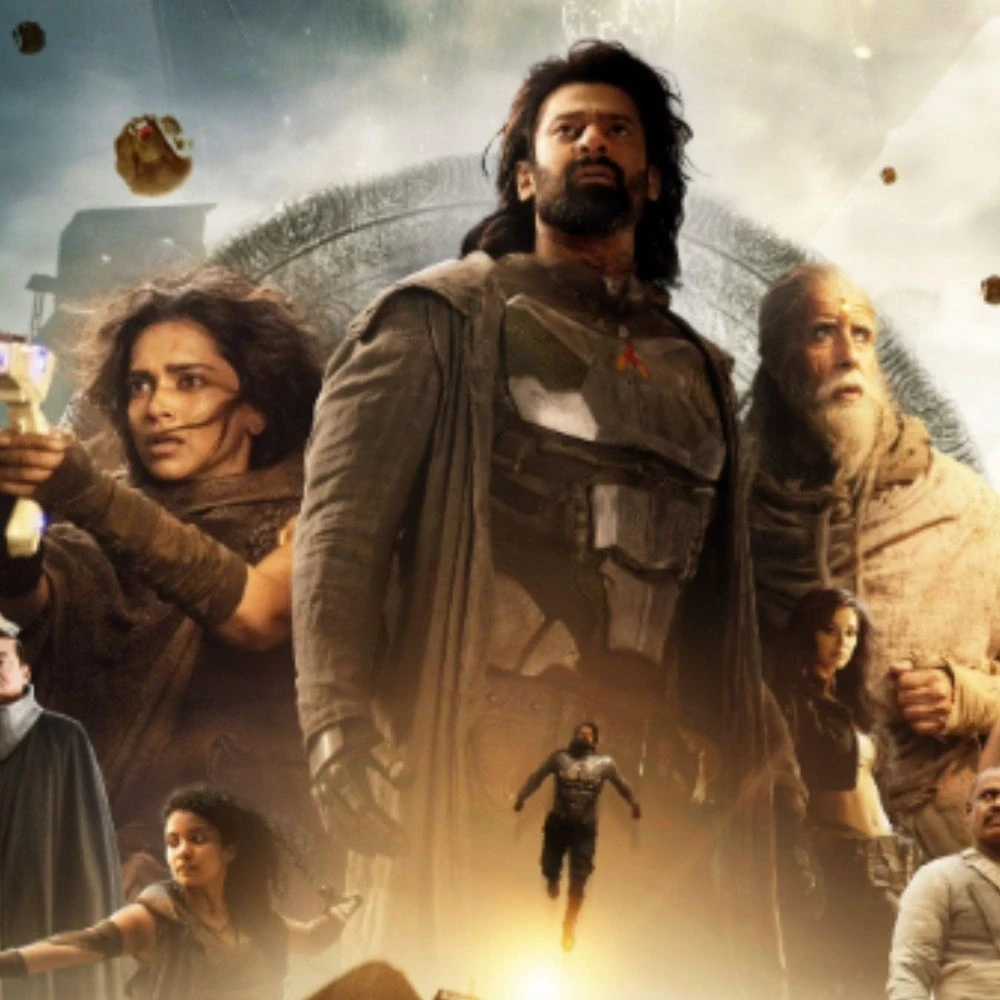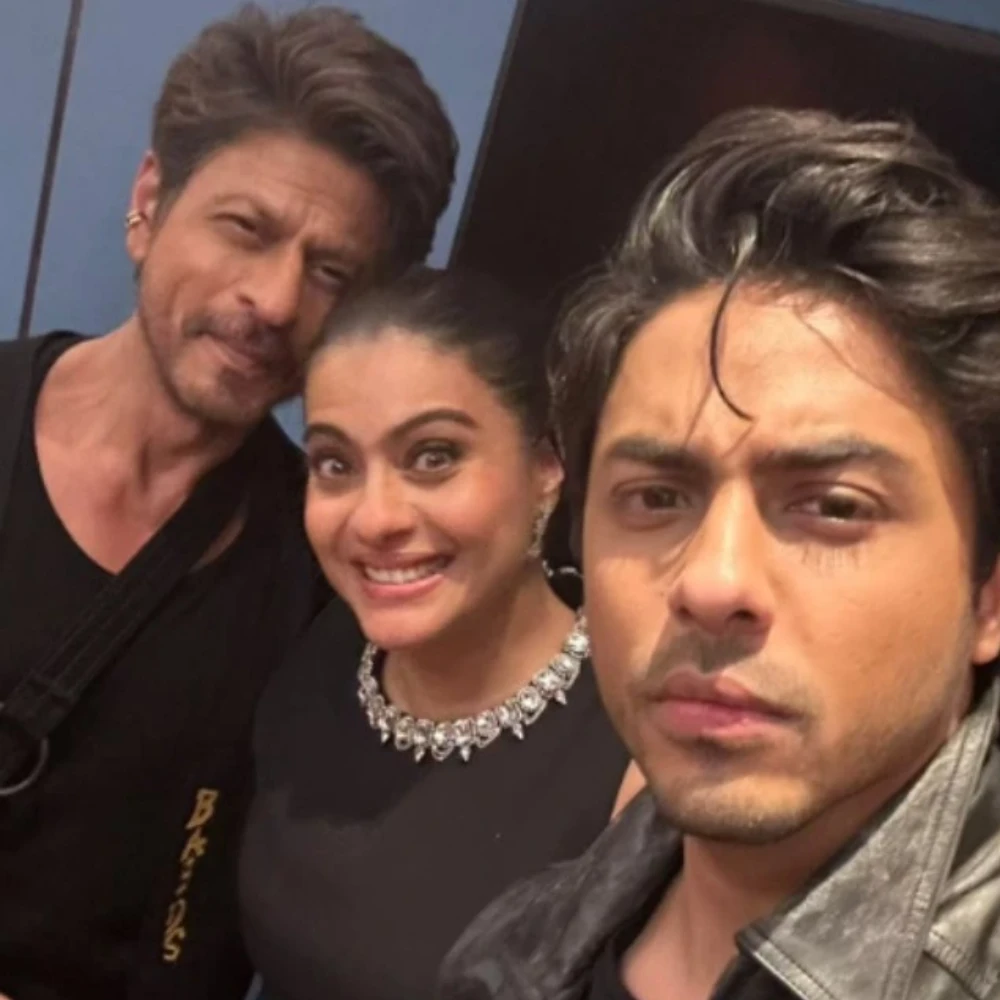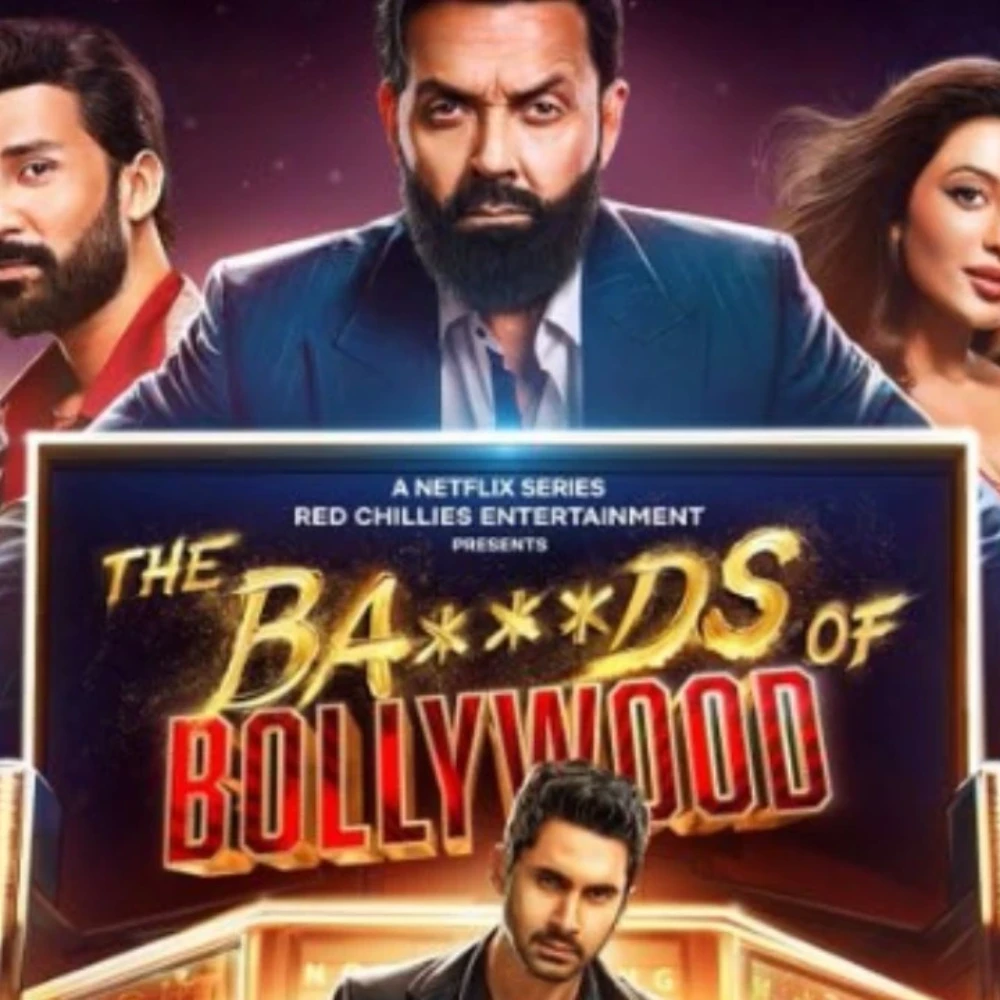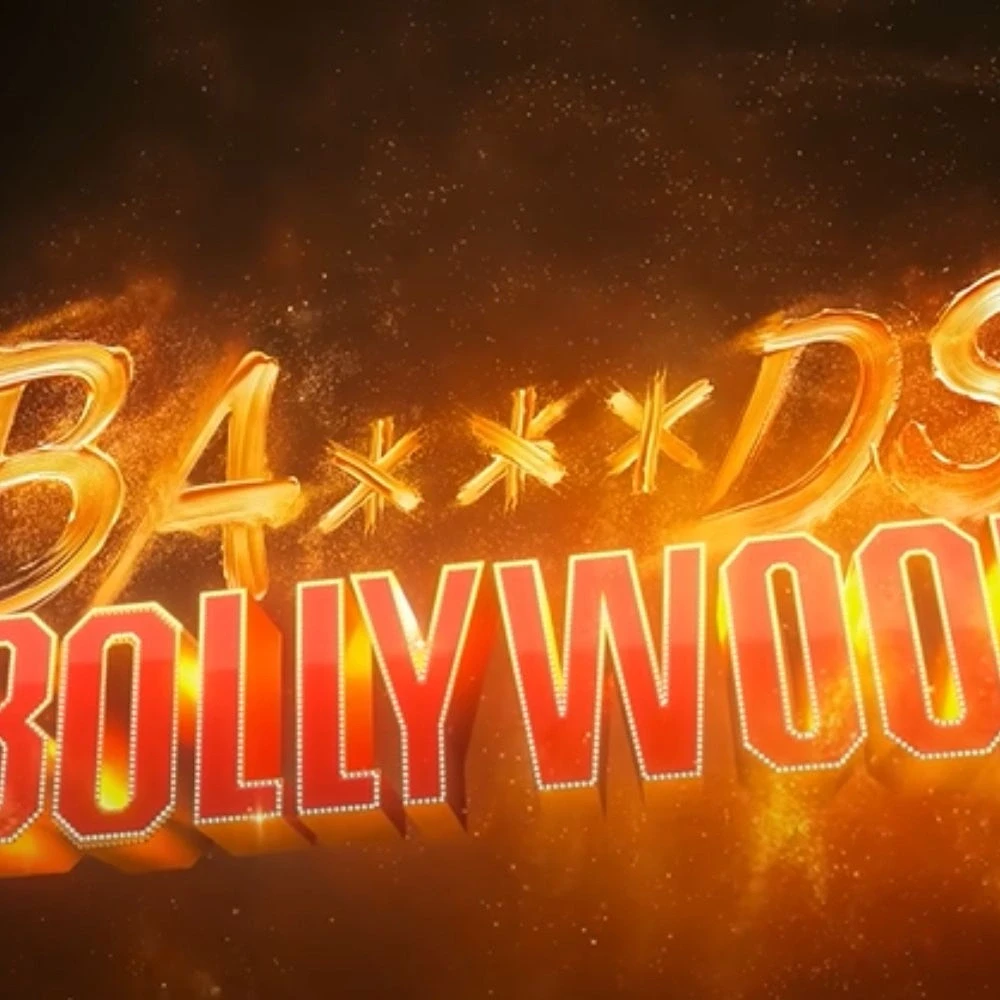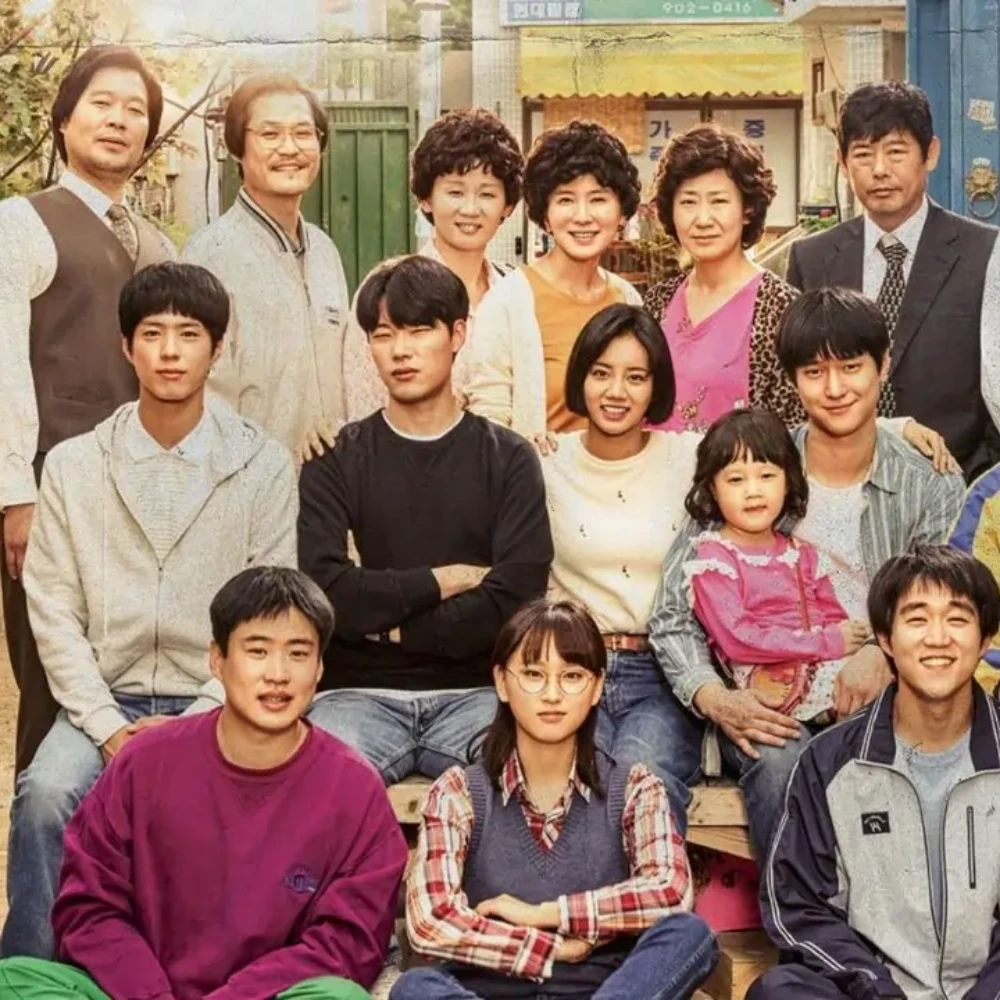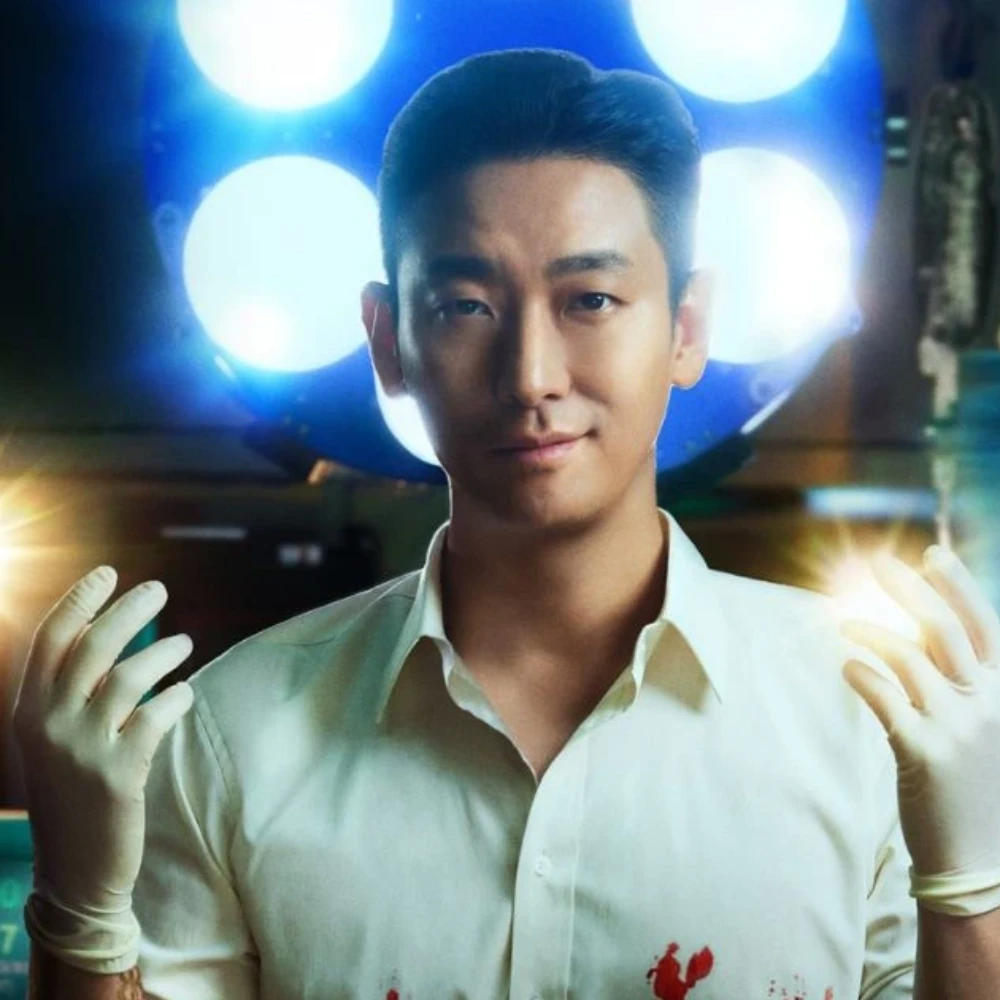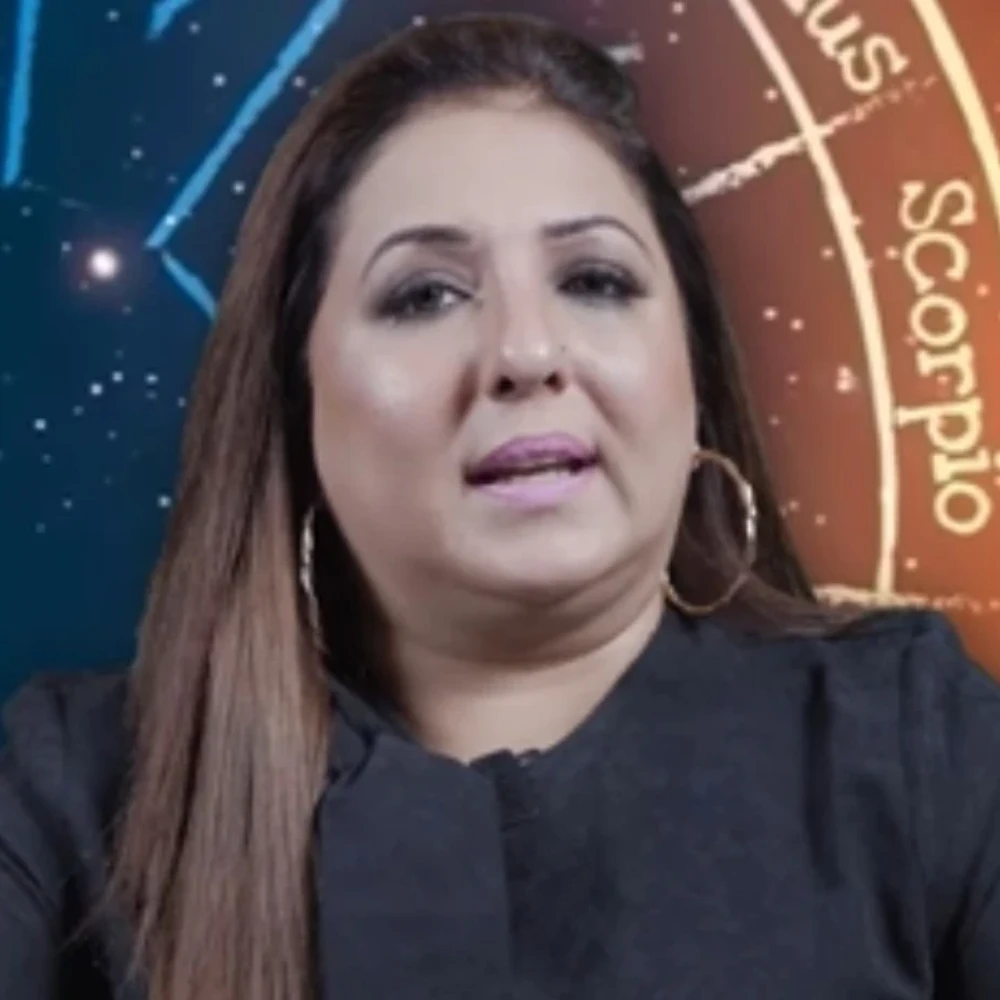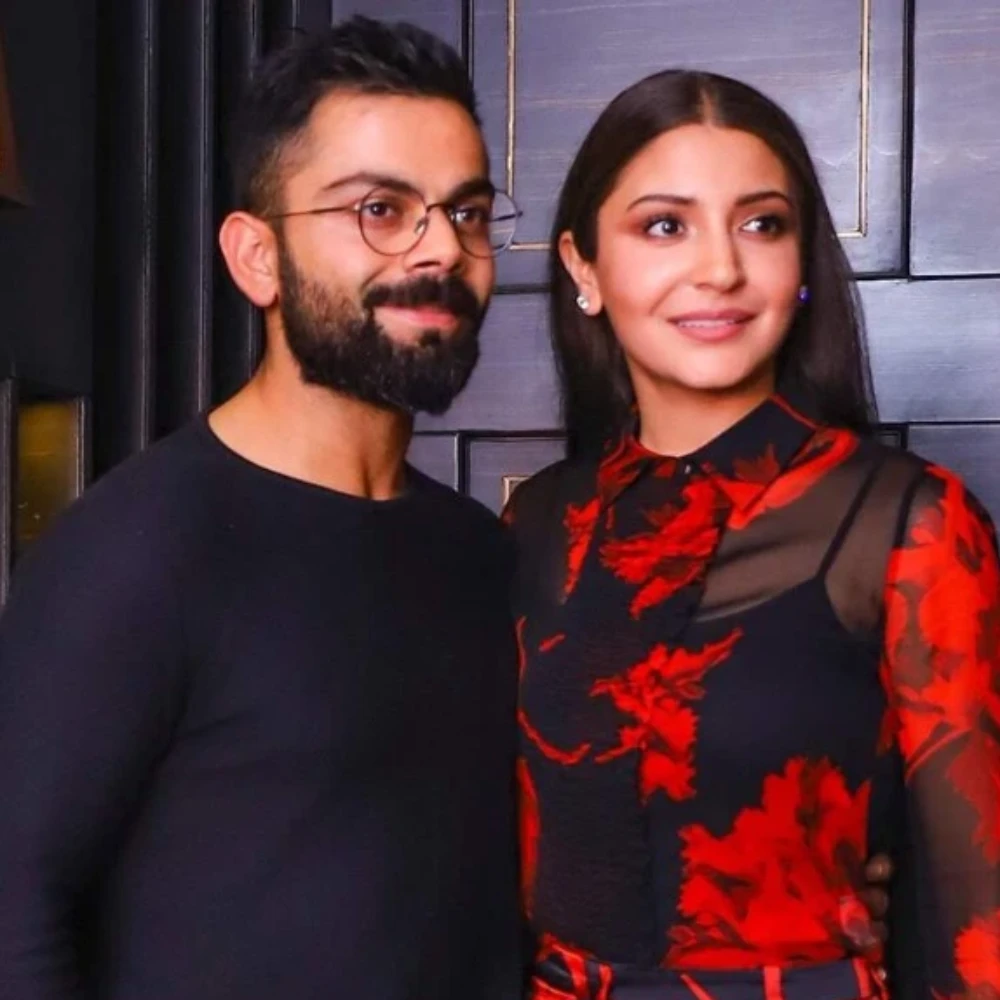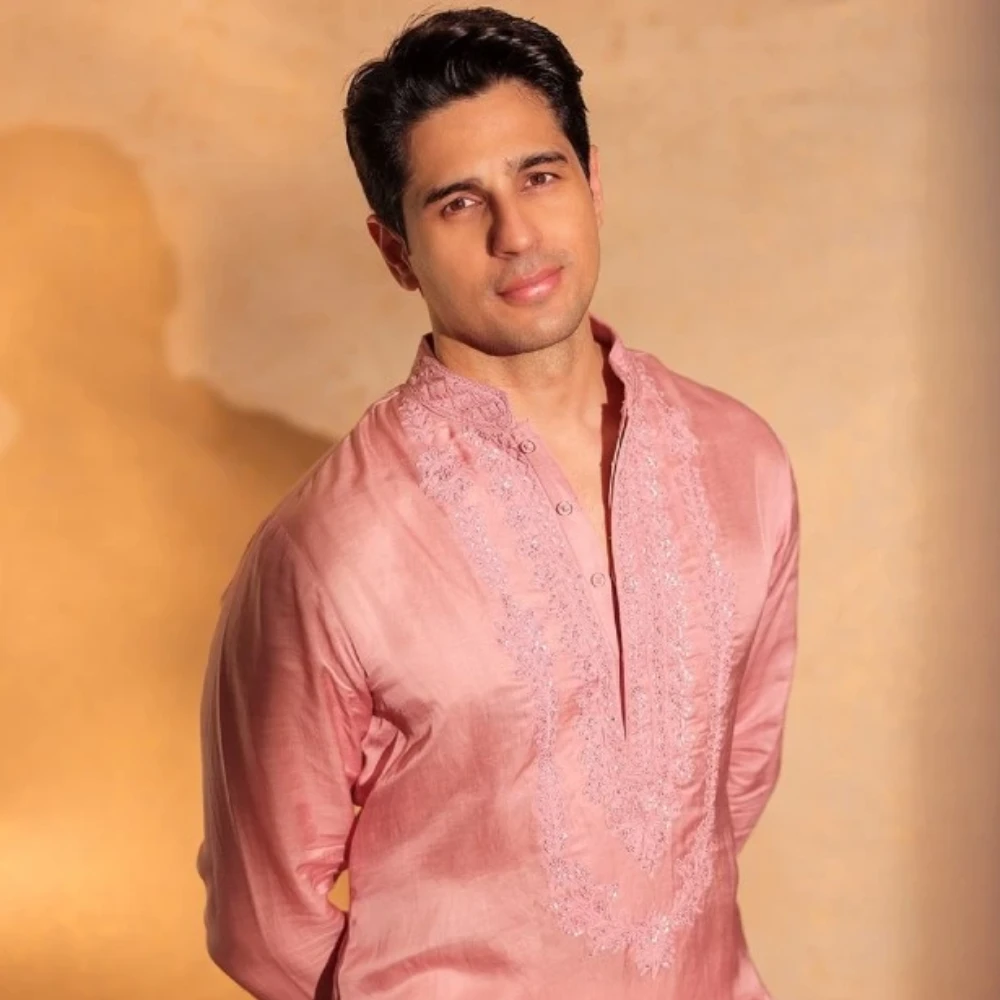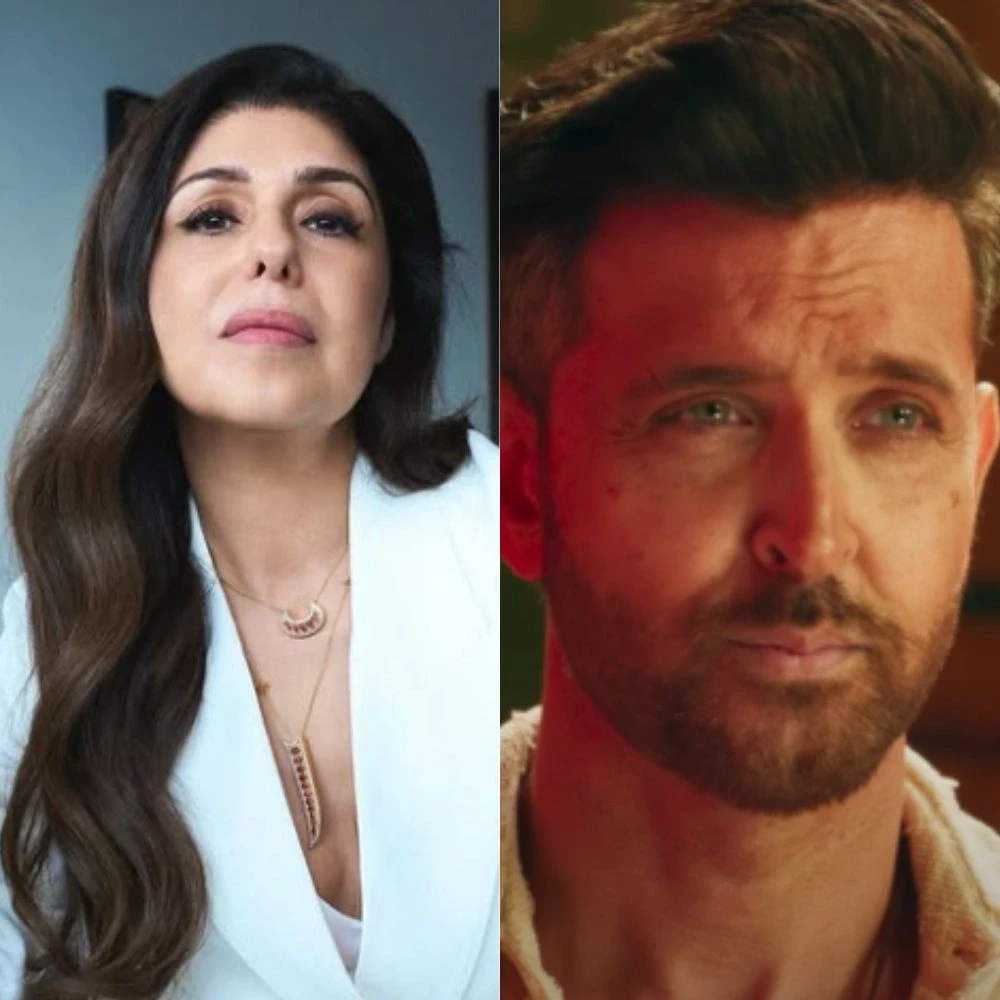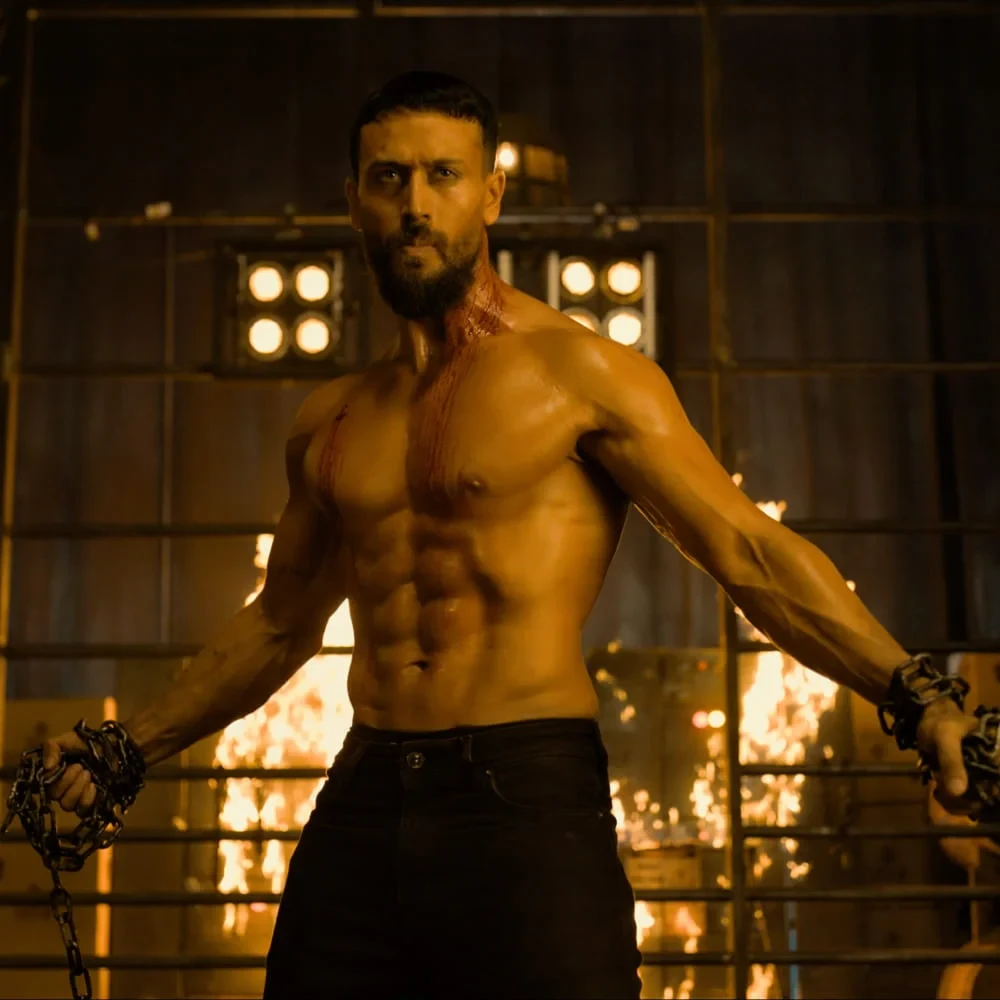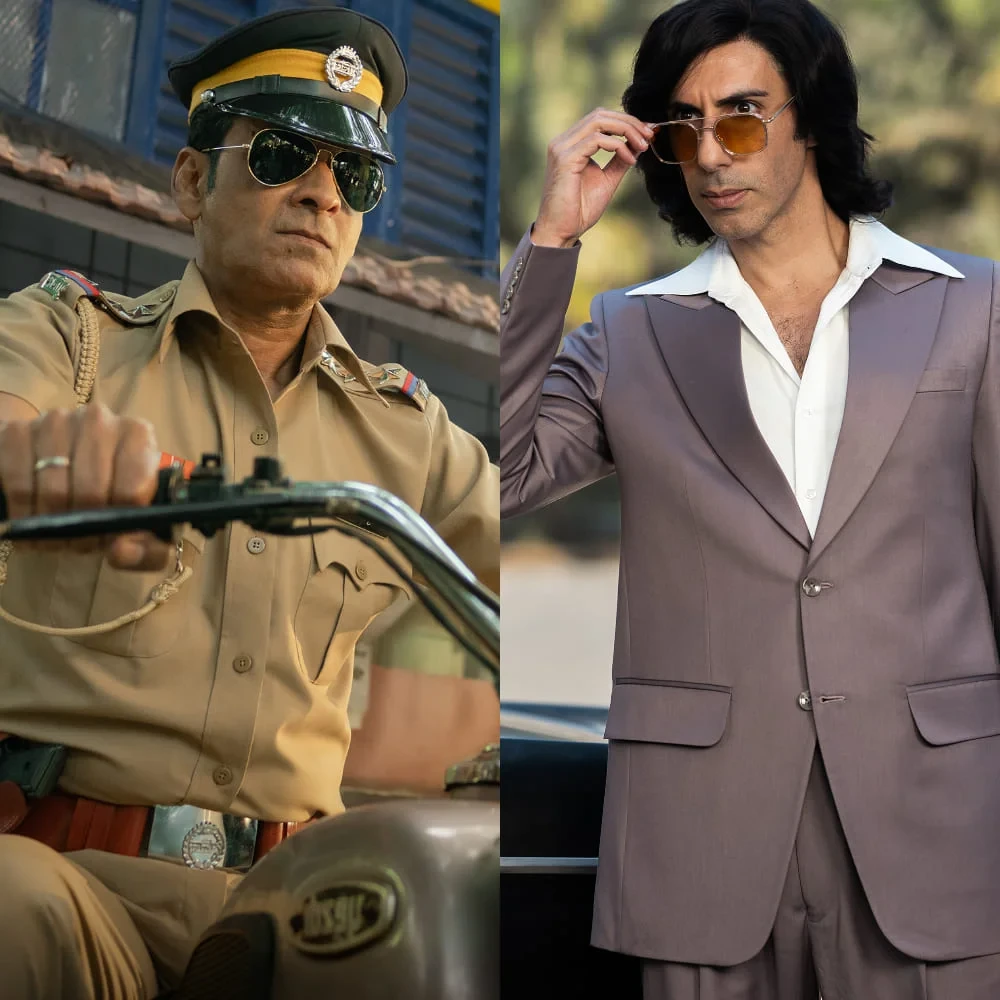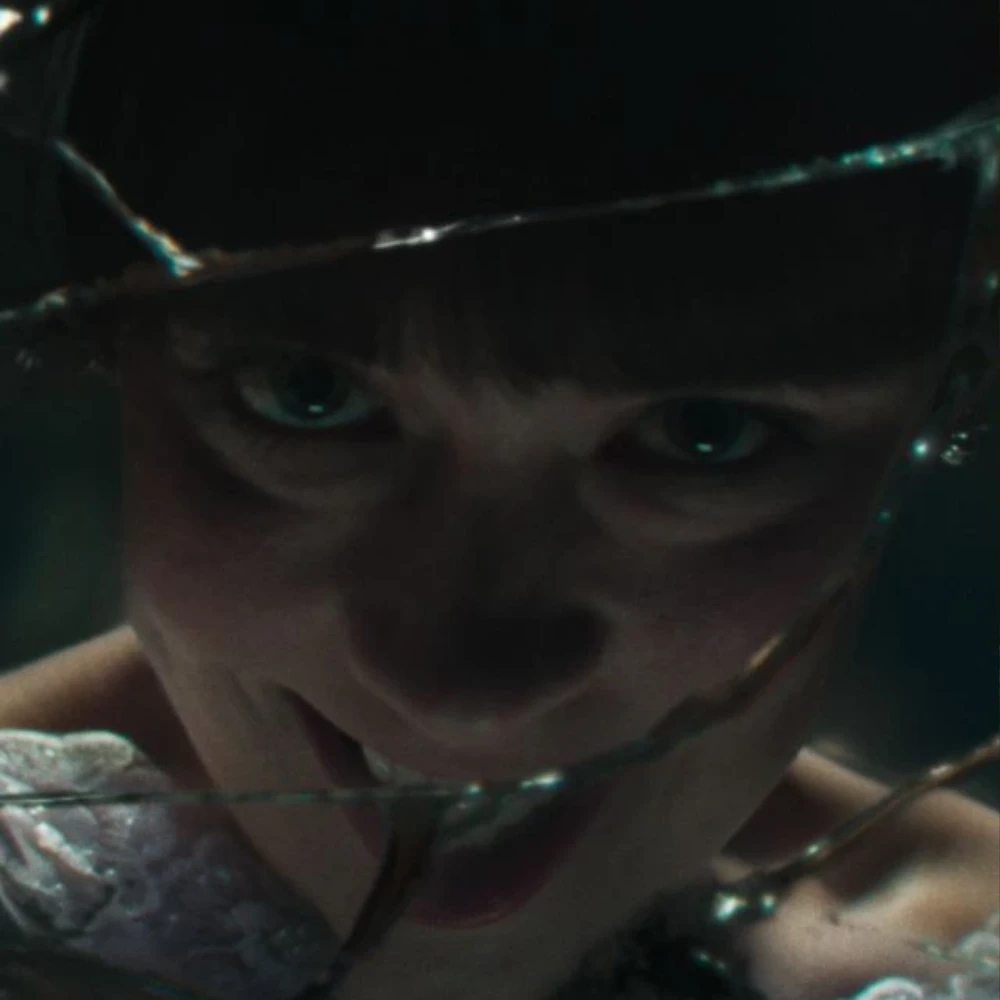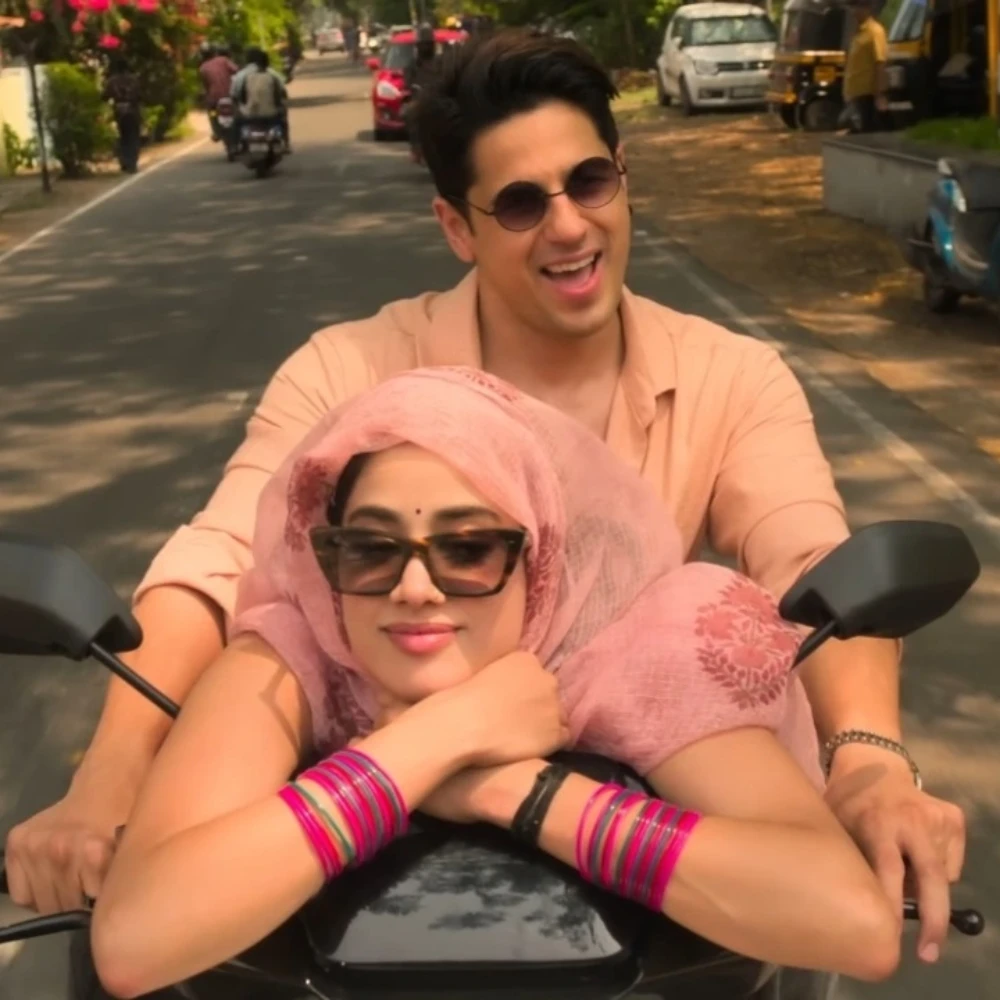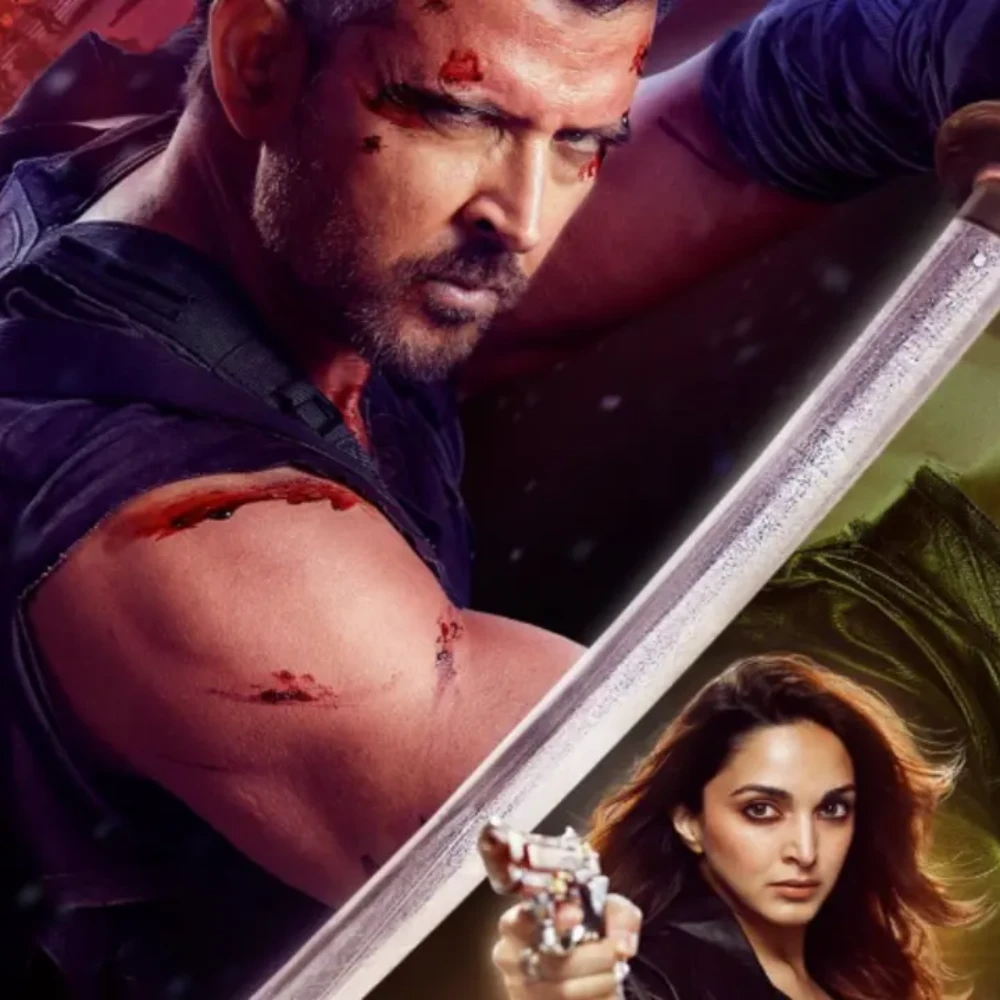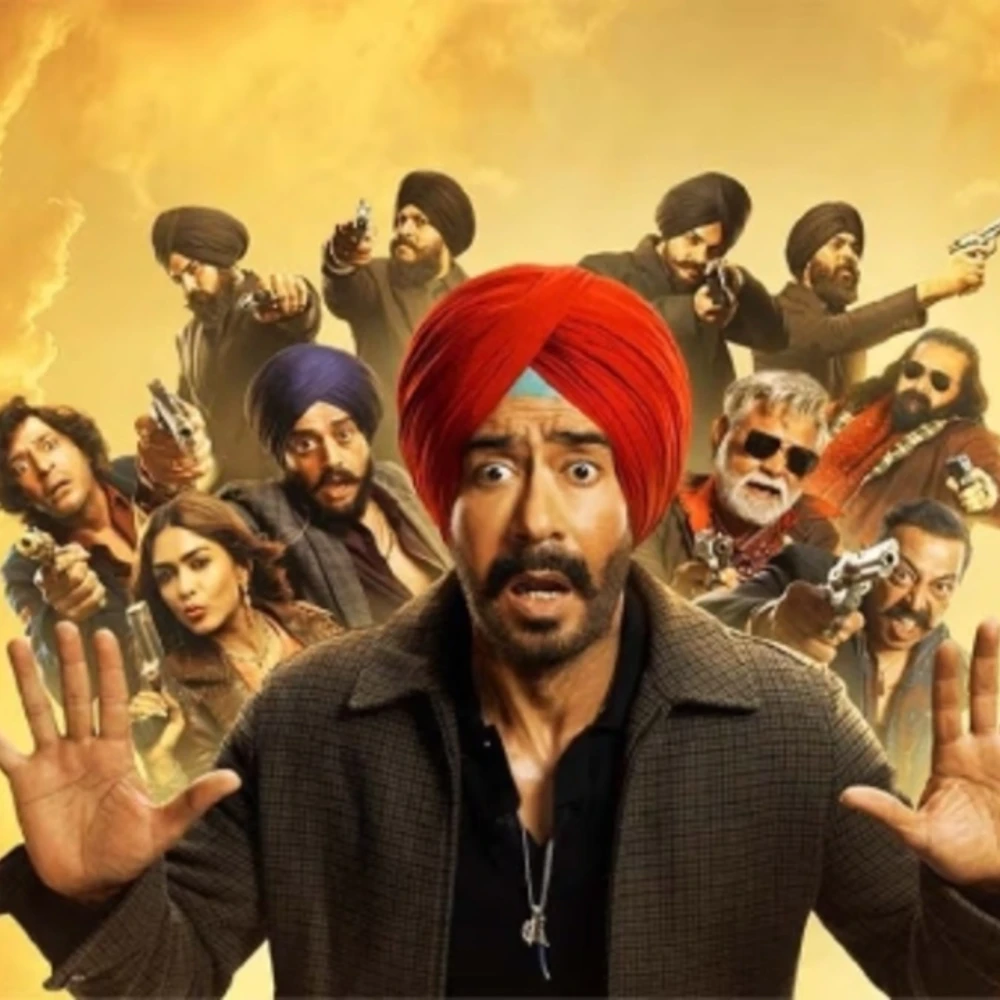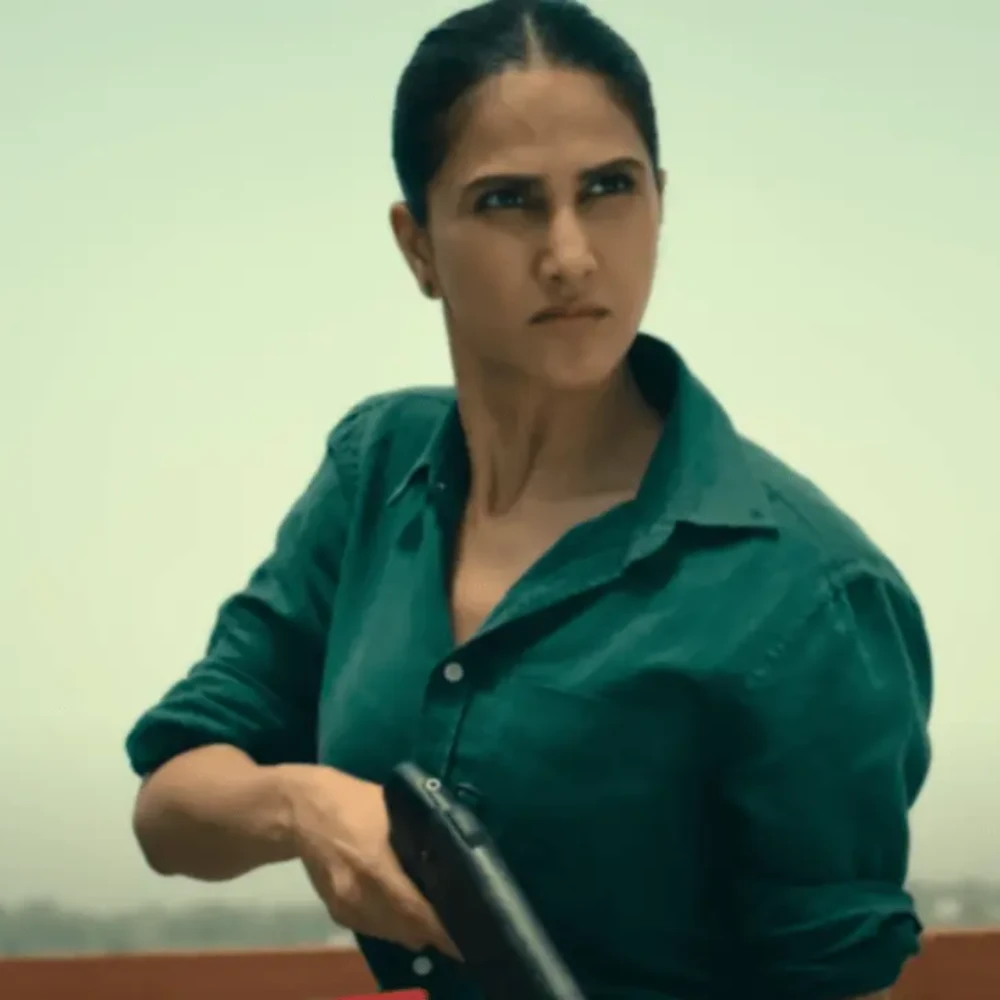Narappa Movie Review: A worthwhile remake with rousing performances and technical finesse
A remake of the Tamil-language film 'Asuran' (2019), 'Narappa' credits its story and screenplay to Kollywood filmmaker Vetri Maaran. Director Sreekanth Addala, who in Telugu cinema is known for writing conscientious peacenik characters, has penned the dialogue.
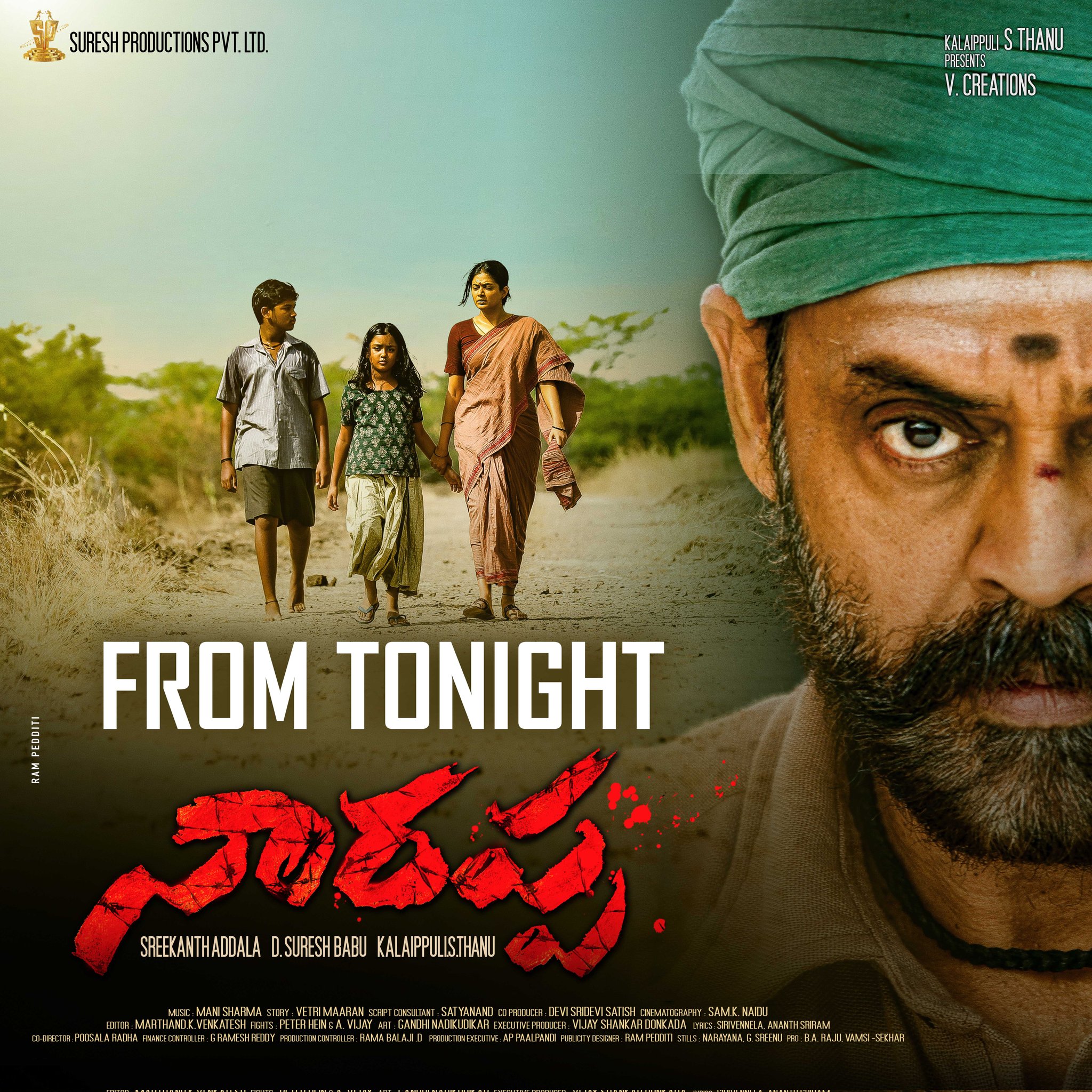
Movie Name: Narappa
Narappa Cast: Venkatesh, Priyamani, Rakhi and others
Narappa Director: Sreekanth Addala
Narappa Rating: 3/5
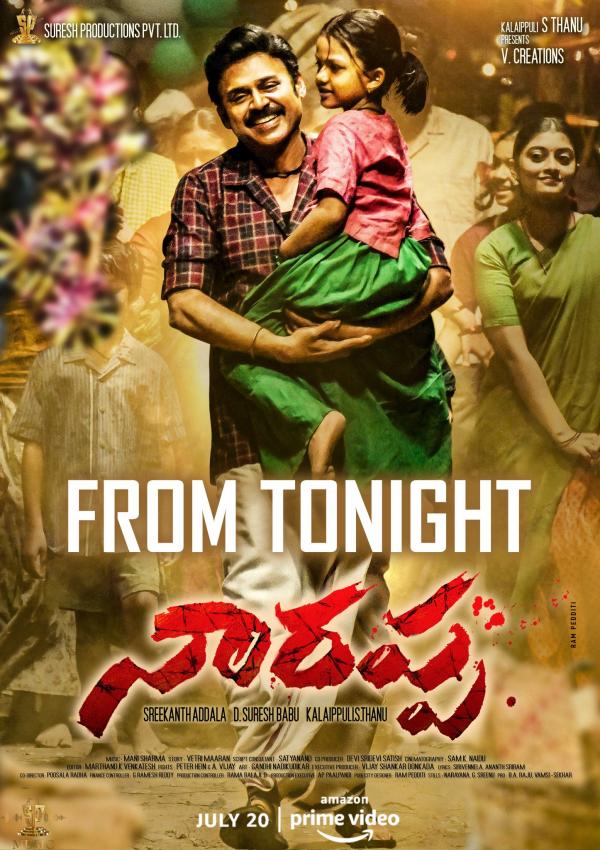
Somewhere in the course of 'Narappa', at an intensely emotional moment, the titular character (Venkatesh in a profoundly anguished role) says that for parents there is no fate worse than forgetting the face of their children. His wife Sundaramma (Priyamani as a distressed woman weathered by a series of tragedies) is in a state of denial. We hear thought-provoking lines like 'Fury does not work', pragmatic beliefs that a meek Narappa has come to utter thoughtfully and with a tinge of helplessness. There comes a montage song voicing the torment undergone by the wife/mother, a portion where the film doesn't shy away from making Narappa's suffering seem like a secondary thing. It is elements like these that make the film under review a distinct star vehicle with organic mass masala tropes.
A remake of the Tamil-language film 'Asuran' (2019), 'Narappa' credits its story and screenplay to Kollywood filmmaker Vetri Maaran. Director Sreekanth Addala, who in Telugu cinema is known for writing conscientious peacenik characters, has penned the dialogue. Narappa's sons (Karthik Ratnam as Munikanna is a revelation, while debutant Rakhi as Sinappa delivers an unassuming act) love him but they also are frustrated with his timidity. In a way, Addala's characters in films like 'Seethamma Vakitlo Sirimalle Chettu' were not averse to displaying their utter dissatisfaction towards fellow family members in not-so-subtle language. It seems the director enjoyed the portions where Munikanna and Rakhi, otherwise loyal sons, show streaks of rebellion because they are sadder rather than angry at their father.
Set in a village named Ramasagaram (somewhere in Rayalaseema) in the 1980s, the film is about how the rivalry between Narappa's Dalit family and Pandusami, a feudal lord, results in bloodshed, misery, and unspeakable brutalization of the impoverished. Peter Hein's stunts amplify the underlying emotions, and also do justice to the riveting theme music heard in the massy moments. Where the dialogues sound rather generic and stale, the performances come together to keep us glued to the monitor. Venkatesh is remarkable in the role of a middle-aged man, although he is found wanting in the flashback episodes in the second half.

It's remarkable that there is finally a film where the patriarch is not always the unquestioned dictator even in existential situations. The staging of the rivalry feels novel because of the intricate characterizations. Scratch the surface and you will see that Narappa is not the only character who turns out to be somewhat mystifying.
On the flip side, the social commentary is not eloquent somehow. Inexplicably or otherwise, the rawness is muted. The flashback episodes featuring the likes of Ammu Abirami (as Venky's love interest), TV anchor Jhansi and Brahmaji (as an idealist) fall apart because of the almost-glittering faces (for a film of this kind) struggling to show terror/trauma on their faces. Nasser and Rao Ramesh are miscast, forcing us to wonder if their roles should have been reversed for a better effect. 'Baahubali' fame Prabhakar is wasted, while Rajeev Kanakala as Priyamani's brother is good.
The first half shows great conviction. It has a love song for the son, while the father is reduced (at times) to do things that veteran actors are condemned to do in our movies. Amidst all this, the film keeps us thoroughly satisfied. The second half, however, concocts a raft of familiar scenes -- stretches that blow away the opportunity rendered by the inherently heart-wrenching situations.
Probably, some of the situations were adapted from the Tamil novel 'Vekkai' (on which 'Asuran' was based) without layers being added. The second half struggles to shake off the template-driven aesthetics for a good amount of time. What separates it from the usual run-of-the-mill films is the climax.
Currently streaming on Amazon Prime, this one is exceptional in a lot of ways in spite of all its drawbacks. From Mani Sharma's music to Sam K Naidu's cinematography, it's a technically able film as well.






 JOIN OUR WHATSAPP CHANNEL
JOIN OUR WHATSAPP CHANNEL
